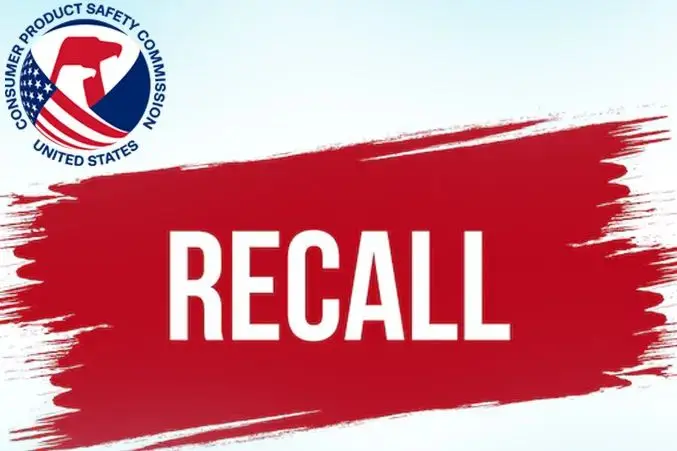
European and American Christmas Product Compliance
The festive atmosphere of Western Christmas celebrations would not be complete without products made in China—particularly from Yiwu. Each year, a wide variety of Christmas goods are exported from China to Western markets, including Christmas trees, ornaments, light strings, costumes, dolls, spray paints, and gift packaging. Whether sold on cross-border platforms like TEMUand Amazonor through traditional export channels, these products must comply with local certification and regulatory requirements.

Europe
CE certification:
The CE mark is a mandatory conformity certification in Europe.
- Electrical Christmas lightsmust comply with CE-LVD(Low Voltage Directive) and CE-EMC(Electromagnetic Compatibility Directive).
- Toysmust meet EN71standards.
- Electric toysmust also comply with EN 62115requirements.
- Wireless electrical productsmust meet CE-RED(Radio Equipment Directive) standards.
ROHS certification:
Electrical Christmas lights and electronic decorations must comply with the RoHS Directive, ensuring that the concentration of 10 hazardous substances does not exceed the specified limits.
REACH Certification:
Products containing chemical substances—such as spray paints, glues, and chemical decorations—must meet REACHregulation requirements.
EPR Registration:
Products sold in the EU must be registered under WEEE, Packaging, and Batterydirectives to ensure extended producer responsibility and recycling compliance.
Battery Certification:
Christmas products containing lithium batteries must meet CE-Batterycertification standards.
EU Representative (EU Rep):
Products sold in Europe must appoint a local responsible representative, commonly referred to as an eu authorized representative.
United Kingdom
After Brexit, the UK established its own compliance system known as ukca certification.
Christmas products exported to the UK must meet:
- ukca-LVD,
- UKCA-EMC,
- UKCA-RoHScertification requirements.
Additionally, UK importers must designate a UK Authorized Representative (UK Rep).
United States
FCC Certification:
Electrical Christmas lights and remote-controlled decorations must comply with FCCstandards for electromagnetic interference.
UL Report:
Christmas light strings must meet the UL588safety requirements.
CPC Certification:
Christmas toys, dolls, and children’s apparel must comply with ASTM F963and CPSIAstandards, and have a CPC (Children’s Product Certificate)issued.
UL4200A Report + gcc certificate:
Products containing button batteries—such as light-up ornaments, music boxes, and glowing balls—must comply with UL4200Atesting requirements and possess a GCC (General Certificate of Conformity).
Canada
ised certification:
Wireless and remote-controlled Christmas decorations must comply with ISED(Innovation, Science and Economic Development Canada) requirements.
CCPSA Certification:
Christmas toys must meet the Canadian SOR/2011-17toy safety regulation, covering both physical and chemical safety tests.
CSA Report:
Christmas light strings must meet CSA C22.2standards for electrical safety.
MSDS, Sea and Air Transport Reports
For Christmas products containing lithium or button batteries, it is necessary to obtain:
- MSDS (Material Safety Data Sheet),
- Sea and Air Transport Safety Identification Reports.
Products containing chemical materials(such as glues or spray paints) must also be accompanied by MSDS reports.
With just over four monthsleft before the Western Christmas season, now is the peak period for Christmas product exports. Ensure all certifications are completed in advance to avoid delays.
If you encounter any compliance or certification issues, feel free to contact JJR Test Lab—we provide tailored certification solutions for your products.
Email:hello@jjrlab.com
Write your message here and send it to us
 How Do You Get a CE Mark
How Do You Get a CE Mark
 IEC 60529 IP Rating Ingress Protection Standard
IEC 60529 IP Rating Ingress Protection Standard
 IEC 60601-1 Medical Electrical Equipment Basic Saf
IEC 60601-1 Medical Electrical Equipment Basic Saf
 European Authorized Representative Medical Devices
European Authorized Representative Medical Devices
 EU Waste Electrical and Electronic Equipment Direc
EU Waste Electrical and Electronic Equipment Direc
 How to Get CE Approval
How to Get CE Approval
 Accelerated Ageing Test
Accelerated Ageing Test
 IP Ingress Protection Testing
IP Ingress Protection Testing
Leave us a message
24-hour online customer service at any time to respond, so that you worry!




